Data Science - Data Science Insights
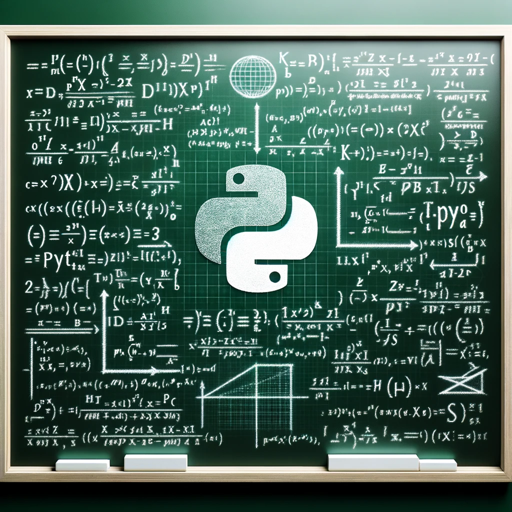
Hello! I'm here to help you with data science, Python, and math.
Empowering Decisions with AI Analytics
What is data science?
How do I start with Python?
Can you recommend a free data source?
Explain linear regression.
Get Embed Code
Introduction to Data Science
Data Science is an interdisciplinary field that uses scientific methods, processes, algorithms, and systems to extract knowledge and insights from structured and unstructured data. It combines aspects of statistics, computer science, information science, and domain expertise to analyze and interpret complex data. Data Science aims to use data in a way that helps individuals, organizations, and societies make better decisions. For example, in healthcare, data science can be used to predict disease outbreaks by analyzing social media posts, search trends, and other data sources. In retail, it can optimize stock levels and improve customer experiences through personalized recommendations. Powered by ChatGPT-4o。

Main Functions of Data Science
Predictive Analytics
Example
Forecasting demand for products in retail.
Scenario
Using historical sales data, seasonality, and current market trends, data scientists can build models to predict future sales. This helps retailers manage inventory more efficiently and reduce costs.
Machine Learning
Example
Personalizing user experience on streaming platforms.
Scenario
By analyzing viewing habits, preferences, and user interactions, algorithms can suggest content that the user is likely to enjoy, thereby improving engagement and customer satisfaction.
Natural Language Processing (NLP)
Example
Sentiment analysis on social media for brand monitoring.
Scenario
NLP techniques are used to analyze social media posts to determine public sentiment towards a brand. This helps companies understand consumer perception and adjust their strategies accordingly.
Data Visualization
Example
Visualizing public health data to track disease spread.
Scenario
Interactive dashboards and maps can be created to display the spread of diseases in real-time, helping public health officials and the public make informed decisions.
Ideal Users of Data Science Services
Business Analysts
Professionals who analyze data to guide business decisions. They benefit from data science by gaining deeper insights into market trends, customer behavior, and operational efficiency.
Healthcare Professionals
From predicting patient outcomes to optimizing treatment plans, healthcare professionals can leverage data science to improve patient care and operational efficiency.
Marketing Professionals
Using data science, marketers can better understand their audience, tailor campaigns, and measure effectiveness, leading to more successful marketing strategies.
Research Scientists
Researchers in fields like genomics, environmental science, and social sciences use data science to analyze complex datasets, uncover patterns, and validate hypotheses.

How to Utilize Data Science
Initiate Your Journey
Begin your data science exploration by visiting a leading platform offering a no-cost trial, allowing you to dive into the field without the necessity of a subscription or sign-up.
Identify Your Objective
Clarify your goals within data science. Are you looking to enhance business decision-making, conduct research, or improve operational efficiency? Your objective will guide your learning path and project focus.
Acquire Data Science Skills
Invest time in learning key data science skills, including statistical analysis, programming (Python or R), data visualization, and machine learning. Online courses, tutorials, and hands-on projects can accelerate your learning.
Apply Your Knowledge
Start with small projects related to your interest areas. Use datasets from reputable sources to practice cleaning, analyzing, and interpreting data. Share your findings and get feedback from the data science community.
Iterate and Improve
Data science is a field of continuous learning and improvement. Regularly review your projects, seek new data sources, and stay updated with industry trends to refine your skills and knowledge.
Try other advanced and practical GPTs
Data Guru
Empowering data-driven decisions with AI
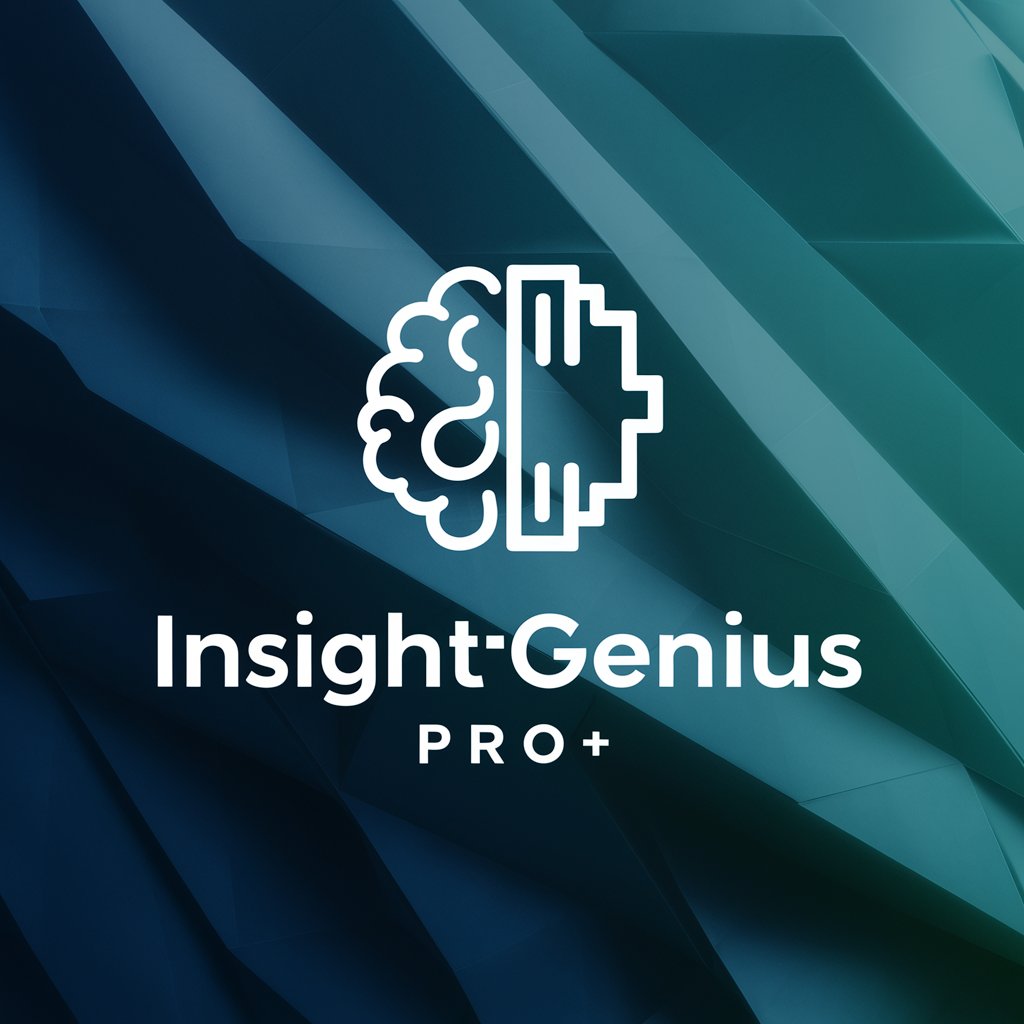
Data Ninja
Unleash AI Power on Your Data
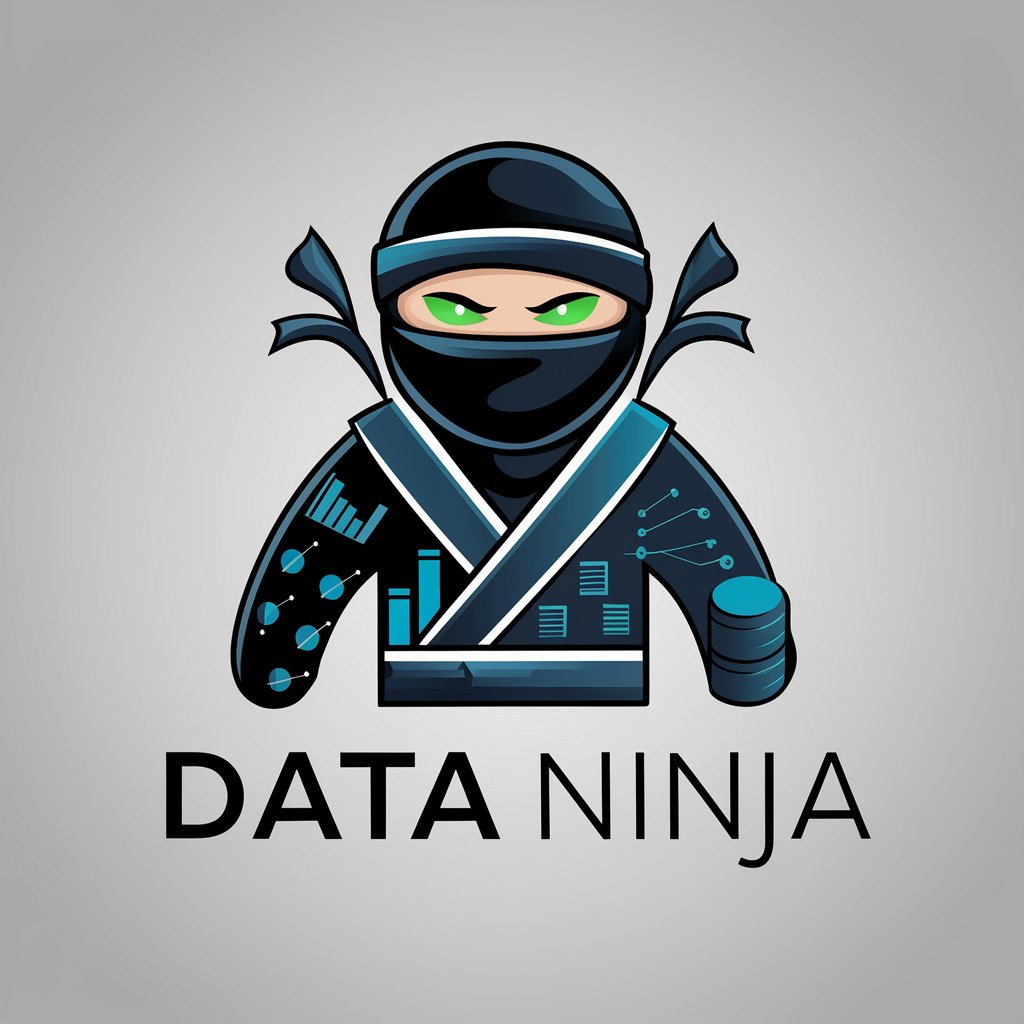
Data Sage
Empowering Data Mastery with AI
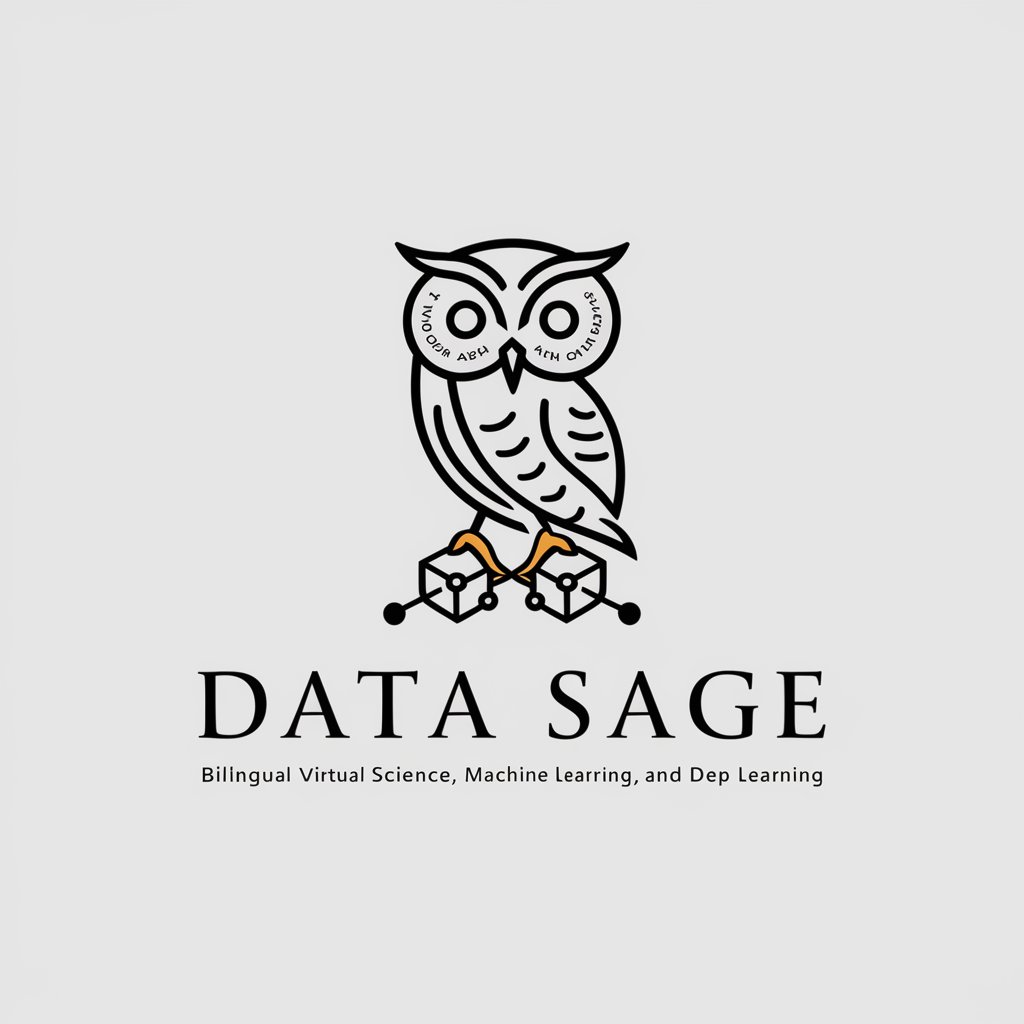
Data Formatter
Streamline Data with AI-Powered Formatting

Data Sage
Empowering research with AI-powered econometrics and statistics.
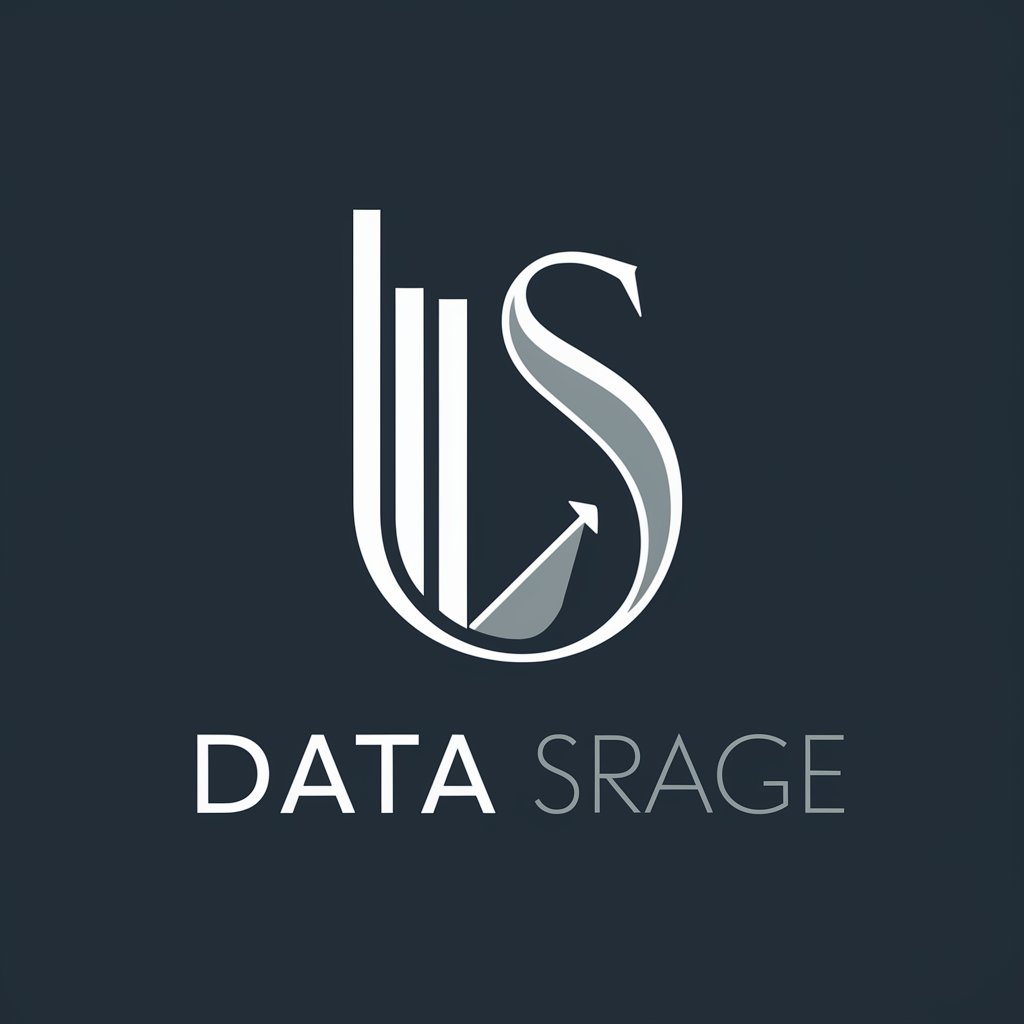
DATA GURU
Empowering decisions with AI-powered analytics
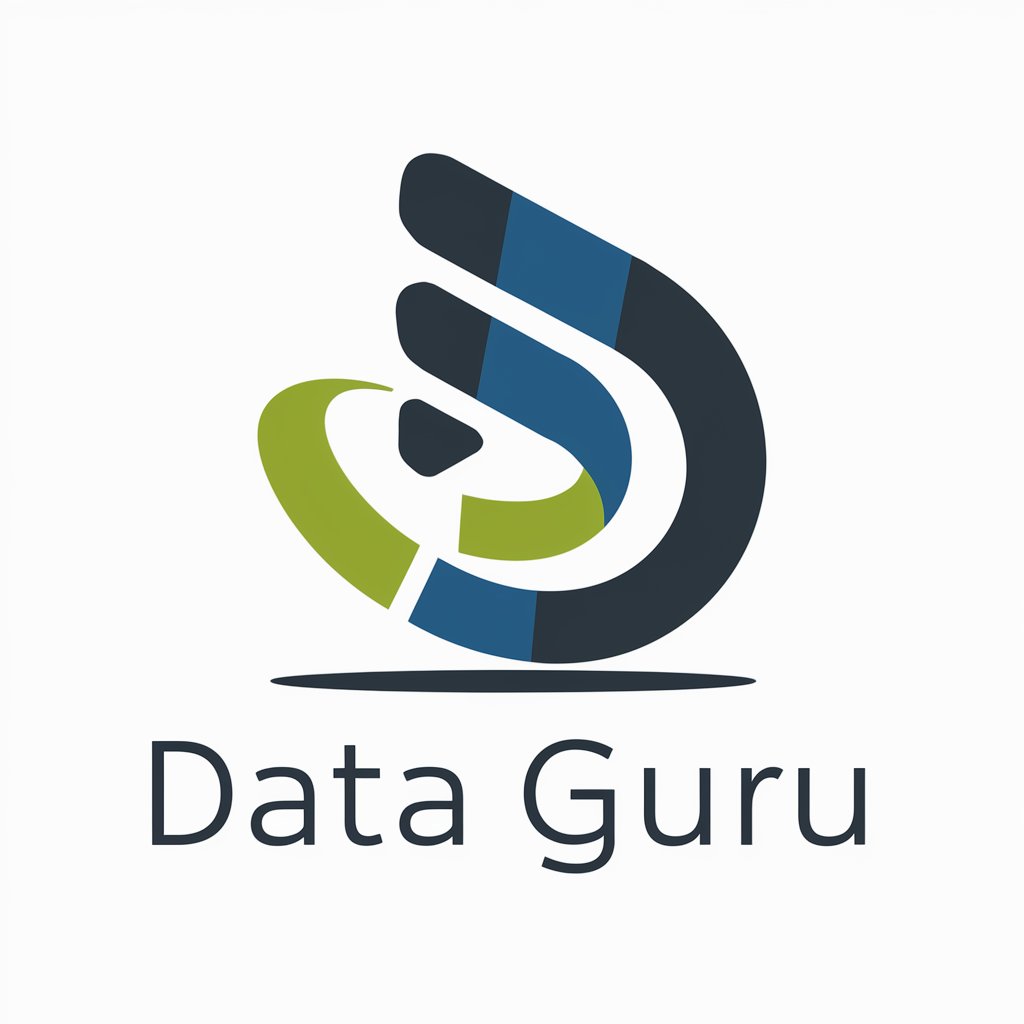
Song tell11
Unleash creativity with AI-driven songwriting.

Song Crafter
Craft your songs with AI-powered creativity

Wt. Song
Elevate Your Content with AI-powered Insights

Song Scape
Discover the story behind the song.

Song Crafter
Craft Your Song with AI

Sommelier Sense
Perfect Pairings with AI Power

Data Science Q&A
What is data science?
Data science is an interdisciplinary field that uses scientific methods, processes, algorithms, and systems to extract knowledge and insights from structured and unstructured data.
How is machine learning related to data science?
Machine learning is a subset of data science that focuses on building models that can learn from and make decisions or predictions based on data. It's a key tool used in data science for predictive analytics.
What are some common tools used in data science?
Common data science tools include programming languages like Python and R, libraries like Pandas and TensorFlow, and platforms for data visualization such as Tableau and Matplotlib.
Can data science be used in finance?
Yes, data science has significant applications in finance, including risk assessment, fraud detection, investment strategy formulation, and customer data analysis to improve service delivery.
What skills are necessary to start a career in data science?
Essential skills include statistical analysis, programming (preferably in Python or R), data wrangling and visualization, machine learning, and a solid understanding of the domain you're interested in.
